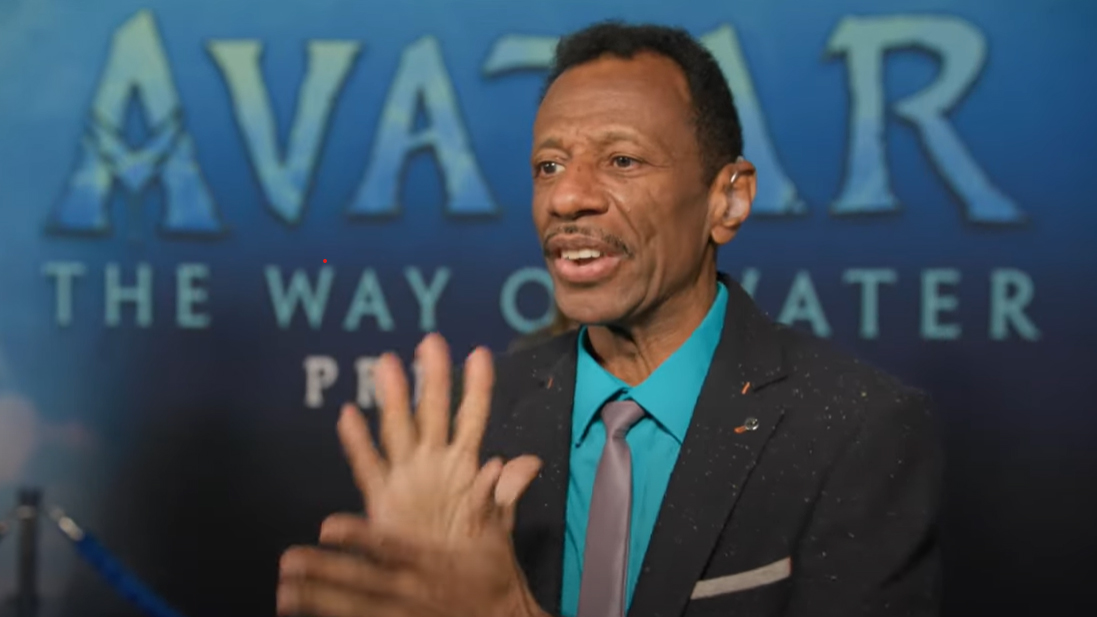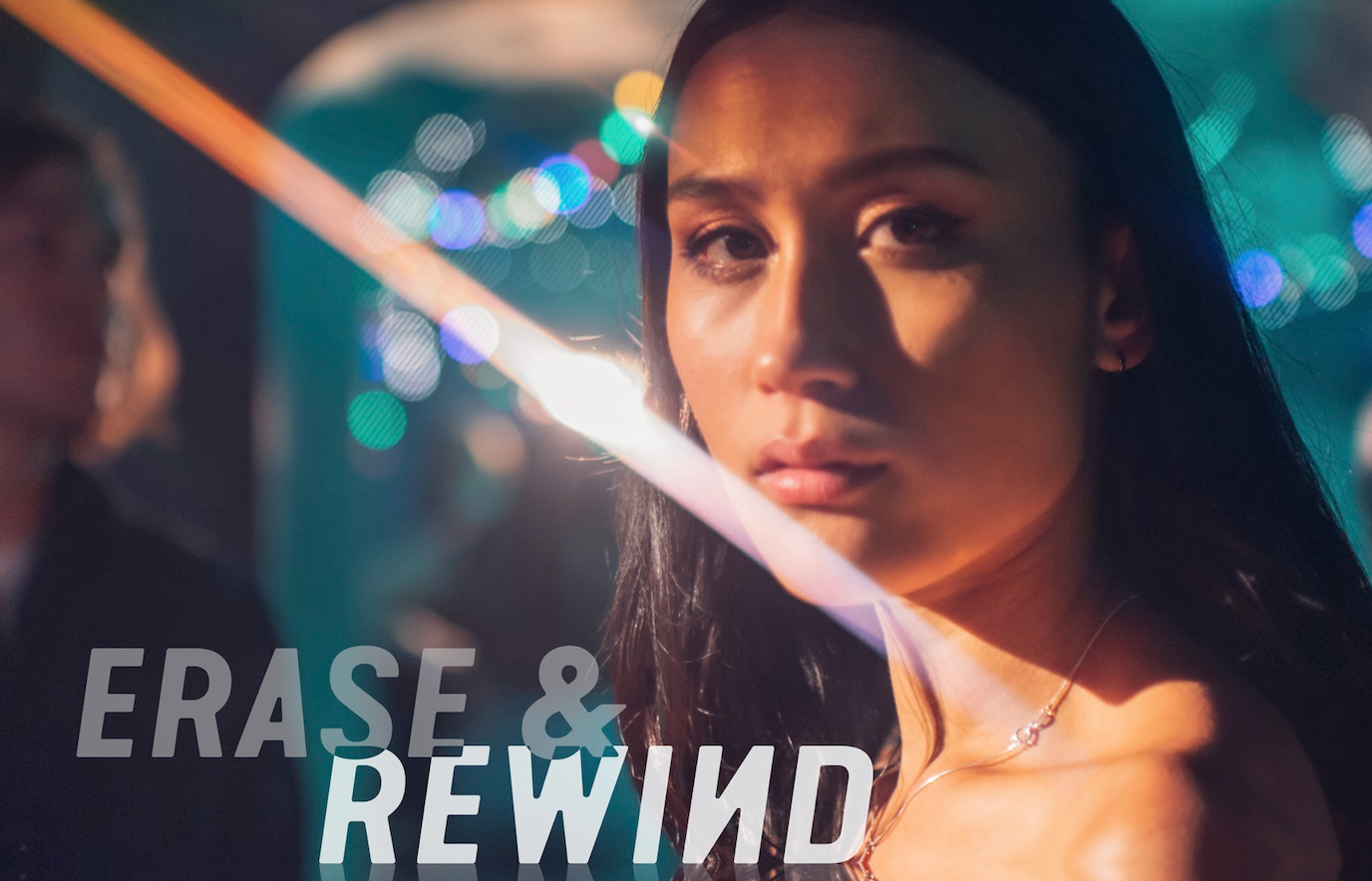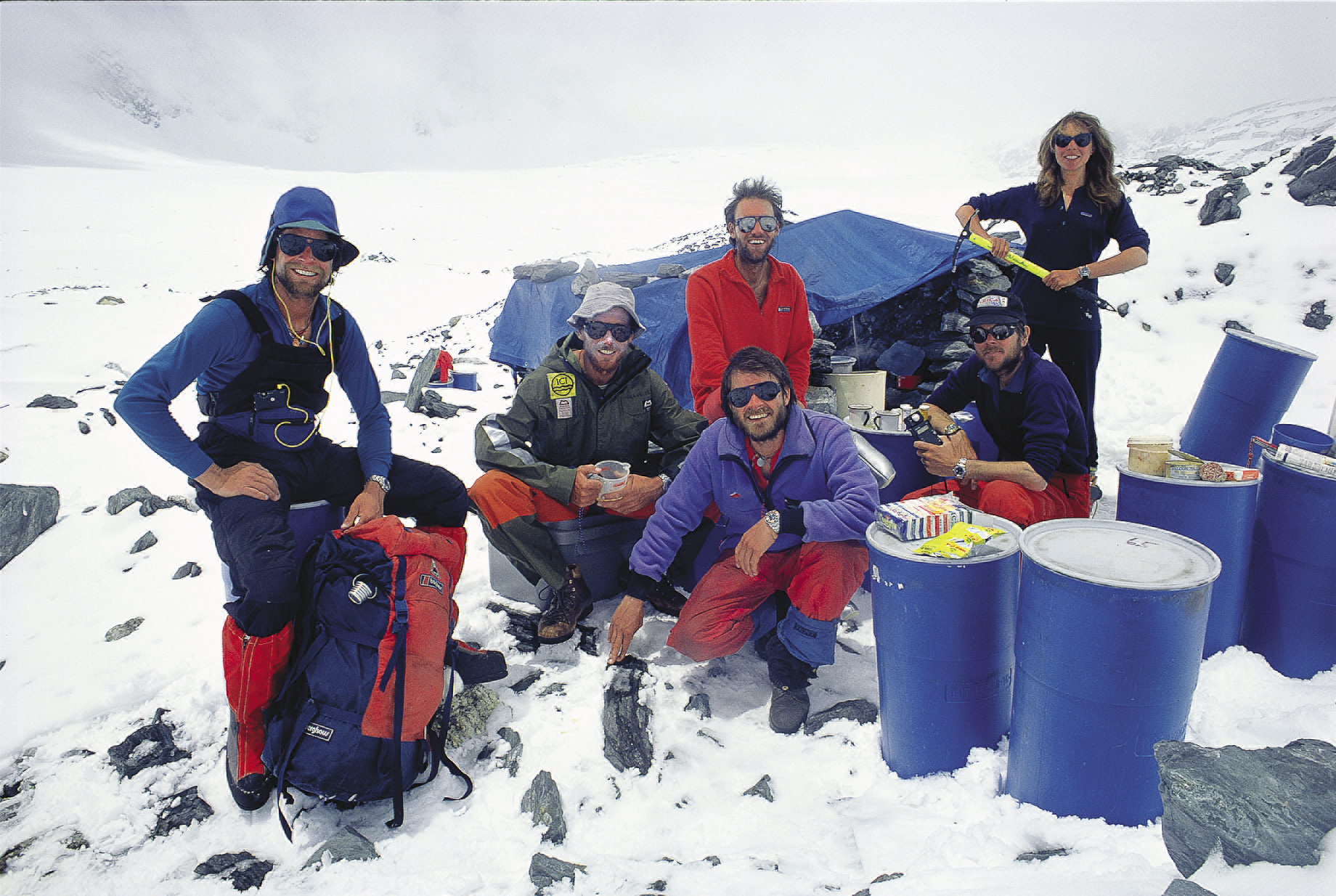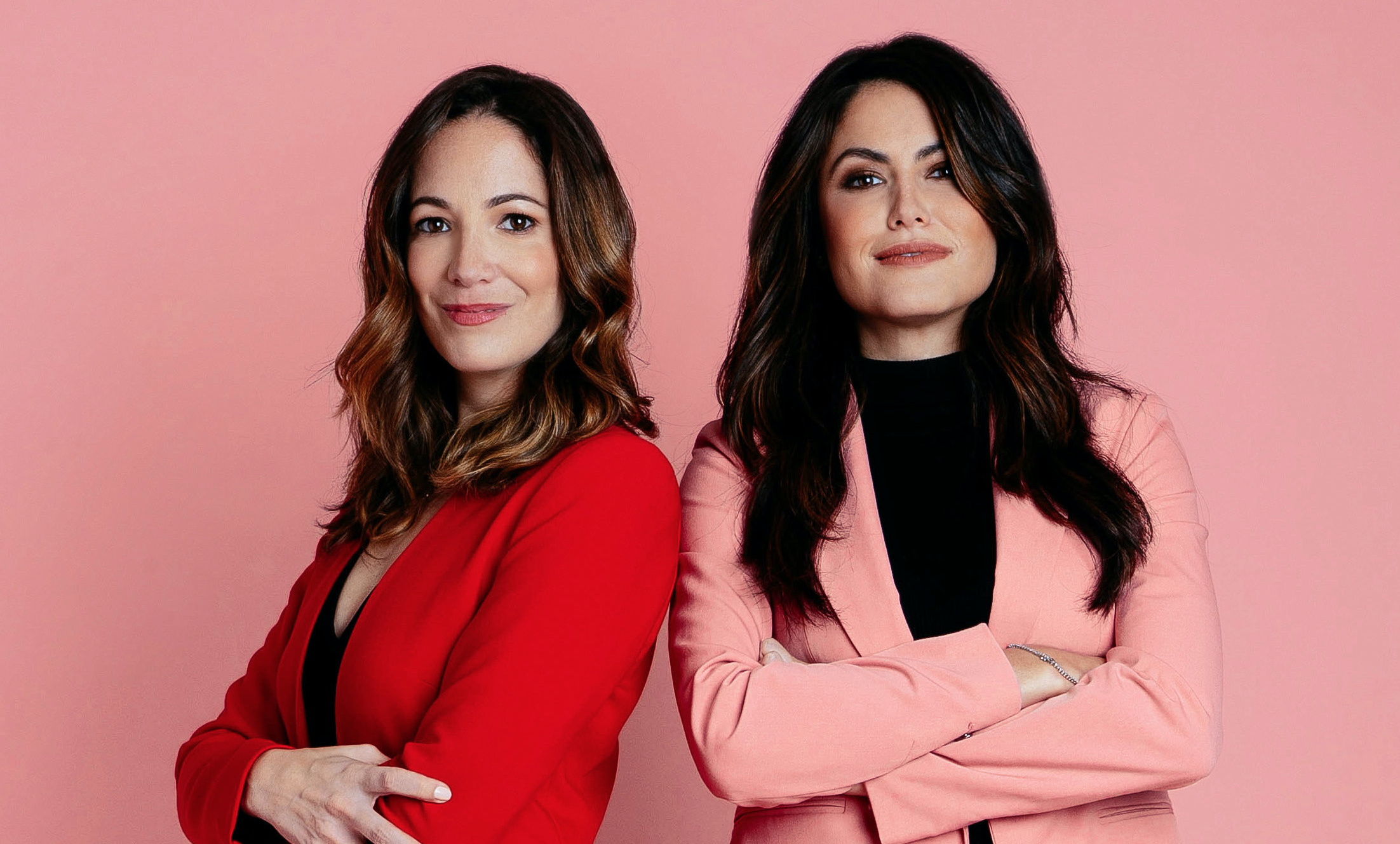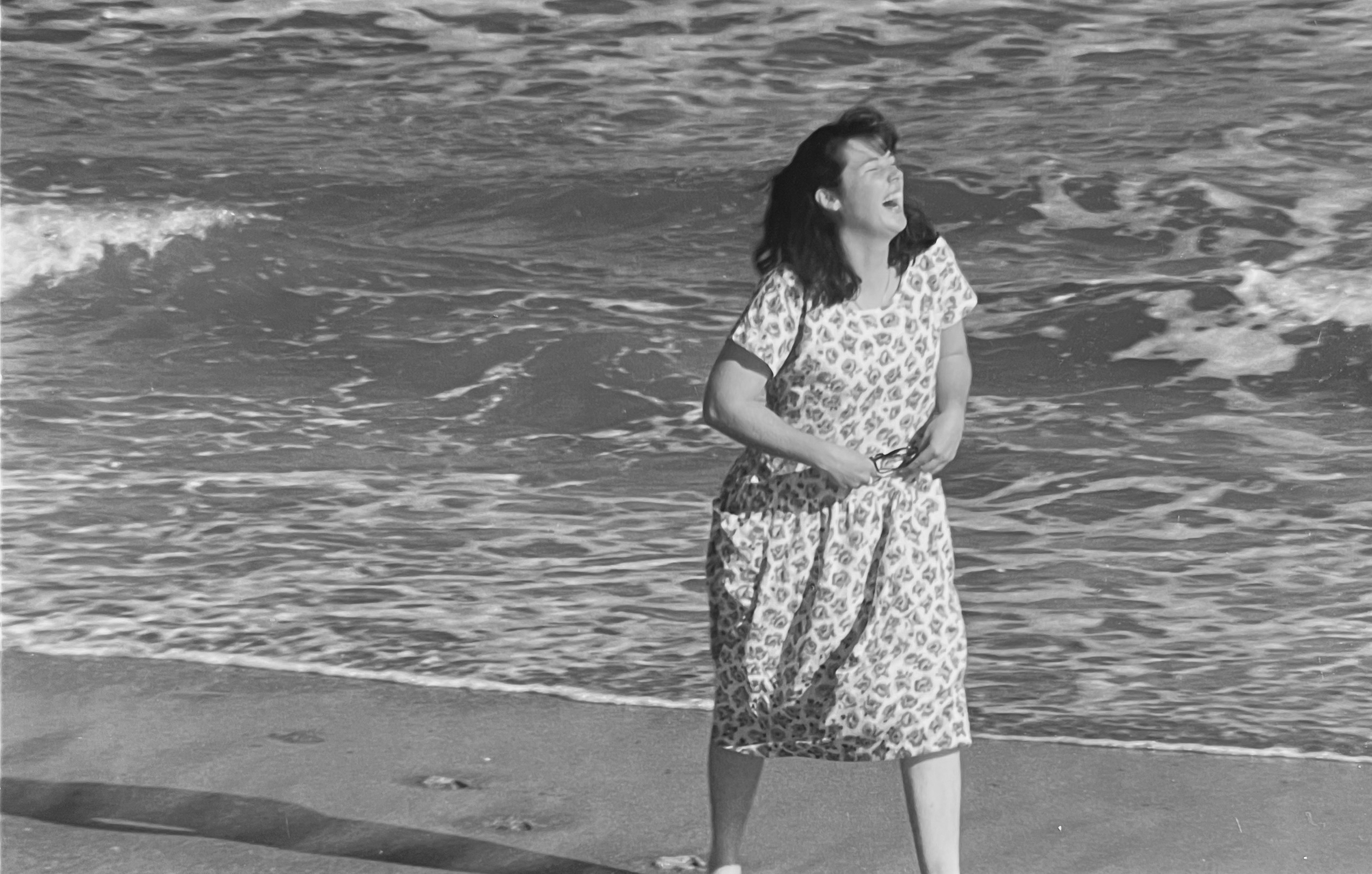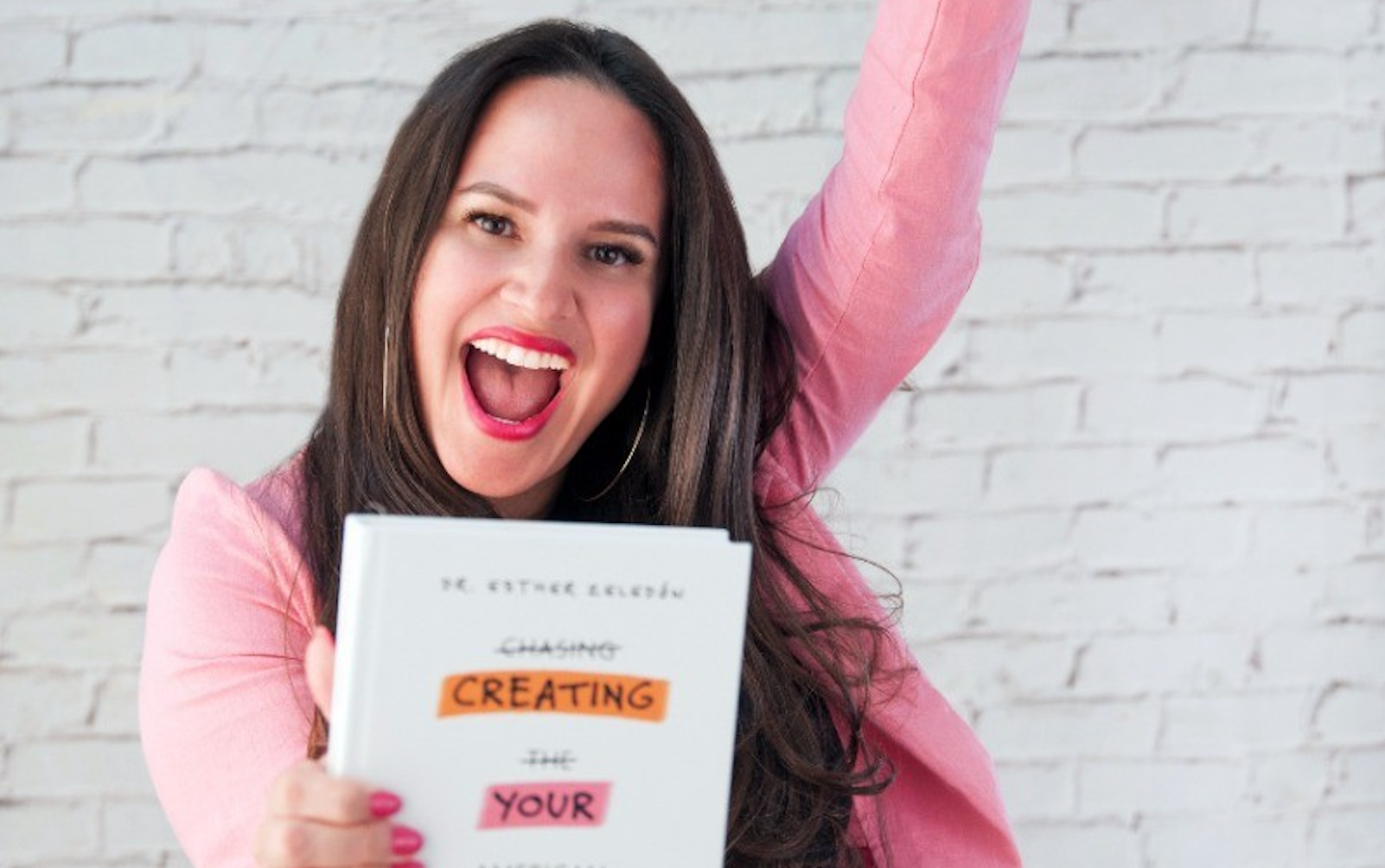
America, it’s time we had a talk. A REAL honest, uncomfortable, lay-it-all-out-on-the-table kinda talk. There are many people leading the way on important conversations regarding topics that are being unearthed right now, most notably regarding systemic racism, gender equality, healthcare access, income equality and white supremacy. If there was anything the pandemic was going to expose more than anything, it was the above.
Perhaps this was a wake-up call we needed to recognize that in order to progress and ensure the rights and safety of everyone, we need to examine where we have come from and where we need to improve. We are seeing activists, politicians, influencers, celebrities, commentators, writers and more utilizing their platforms to facilitate these conversations, as the widespread recognition that you can’t “be neutral in situations of oppression” anymore (part of a brilliant quote by Desmond Tutu) is front and center in almost every sphere of our lives.
One such clear and resounding voice amidst these changing times is Malynda Hale – an actress, singer/songwriter, director, podcast host, activist, and mom based in Los Angeles. She has utilized her voice and social media presence to effect change with social justice, female empowerment, LGBTQ+ rights, veganism, and the Black Lives Matter movement.

She currently hosts her own podcast called #WeNeedToTalk, a table talk discussion series that focuses on important topics in politics, entertainment and cultural trends. This year, Malynda launched a photo/video series entitled “Black Voices Heard” to chronicle the experiences of Black Americans. She also serves as a worship leader at Harmony Toluca Lake where she co-hosts a bi-monthly discussion called Courageous Conversations. This discussion group focuses on social justice from a Christian perspective.
Malynda was born and raised in sunny Santa Barbara, California where she began singing at just five years old. At the age of seven she learned to play the piano, and by nine years old she was writing her own music. Malynda’s love for music and desire to make a difference in the world have led her to be recognized many times for her work. She won “Best Female Vocalist” at the Hollywood Music in Media Awards and Best Pop Music Video at the Indie Music Channel Awards. She has opened for artists such as Tyrone Wells, Ernie Halter, Levi Kreis, OTOWN and Smokey Robinson. She has been married for nine years and is a new mom to a baby girl, born during the pandemic!
We spoke to Malynda about her passion to talk about faith, racism, parenting, activism and everything in between, and what she shared was inspiring, and will no doubt move the needle on these topics.
Tell us about your latest creative project “Black Voices Heard” and how the initial idea came about:
In the wake of the Breonna Taylor and George Floyd murders, a friend of mine by the name of Mo Cee reached out to me wondering what he could do to help. He’s a photographer and wanted to figure out a way to give a platform to Black voices. So, I took some time and created a project that he could collaborate with me on.
I realized that so many people have the wrong assumptions about Black Americans mainly because they have limited exposure to who we are as a community. The narratives and perceptions of us have been controlled by so many other people that we rarely get to tell our own stories. And it doesn’t help that people seem to have preconceived notions about us that they aren’t willing to change.
So, the purpose of this project is to present Black people in a real and authentic way. It’s my hope that these stories and profiles will help humanize us and change the societal view of Blackness as a whole.
As a multi-faceted artist (director, actress, singer and more!) you are passionate about using your platform for advocacy. Why is this important to you as an artist?
When you are given a platform that allows you to reach several demographics, it becomes self-serving if you in no way attempt to pay it forward or give back. A lot of us have chosen careers or paths that we’ve felt called to, and music was the first part of my career trajectory that helped me build a following and have a voice publicly. So, even with the micro influence that I currently have, I think I have a responsibility to advocate for other people that may not have any form of a voice or platform. And speaking from a spiritual standpoint, my faith makes it very clear that we are to give a voice to the voiceless and stand up for those who cannot stand up for themselves.
In your podcast series #WeNeedToTalk you often discuss current events and hot topics. Given what has been dominating our news cycle the past year and especially these past few weeks with the Derek Chauvin Trial, Black Lives Matter protests and the focus on racial justice, how have you been talking about these topics with your audience?
I constantly address those topics, whether it’s on the podcast directly, or just on social media. The podcast itself actually stemmed from my affinity for creating dialogue surrounding these topics on Twitter, Facebook and Instagram. So, the discomfort of addressing these issues is something I have never shied away from because I think we have a duty to shine a spotlight on injustice and talk about these aspects of our society. The title of the podcast is #WeNeedToTalk for that reason. We NEED to talk about these things. We have to push aside what we think we know and open our minds to new perspectives and new ways to bring about change.
During the pandemic you had a baby! Congrats! Tell us how becoming a mom has expanded your view on creativity, activism and what it means to be a Black woman in America today?
Thank you so much! I definitely consider having a baby during the pandemic a blessing, mainly because my husband and I got to be home with each other and raise our daughter together full time. Even though we both still work and had to figure out how to manage our schedules and take shifts, it was not lost on me that had things been the way they were before, the amount of time that we spent together as a family would have been greatly diminished. I think in terms of my creativity and activism and my identity in terms of being a Black woman, being a mom has really strengthened my drive for success and solidified my pride in who I am. I want to be able to pass that down to my daughter. I want to be able to share with her my work ethic, my heart for people, and my willingness to grow.
How does being in a bi-racial family shape your perspective on issues relating to racial justice and calling out white supremacy?
At times it’s difficult simply because as much as my husband is aware and open and fighting alongside me, there are just things he will never understand because our life experiences are different. But we’re in agreement that while our daughter is biracial and she would never deny her white side, she is going to navigate life through an experience that is more closely linked to mine than his. So, our approach in raising her, the conversations that we have, and the space that we’ve created together will be one of racial awareness, sensitivity and one that is pro-Black because society so consistently paints Blackness in a negative light.
One of the things we really love about you is your bold faith. You use your platform to talk about progressive Christianity, which is important given the dominant media and political narrative that constantly puts “conservative” and “Christian” together. Why is talking about your faith and being inclusive important to you?
Because Jesus was a social justice warrior! He preached about love and acceptance. Conservative Christianity makes absolutely no sense to me, especially when you consider the fact that Jesus was so liberal and advocated for marginalized groups throughout his lifetime. His messaging was very clear. And while I’m not one to try and convert people, I want to be an example in the way that I live so people don’t equate Christianity with hate.
Jesus has become the symbol of nationalism, gun rights, racism, anti-LGBTQ, anti-abortion and anti-mask, and I want to do everything I can to flip that narrative. I’ve been blessed to find communities and groups of people who share the same progressive beliefs that I do, and it’s a passion of mine to make sure people know that following the teachings of Christ means including and loving others.
What does it mean to you to have Courageous Conversations in 2021?
It means pushing past your discomfort in order to bring about understanding. It means putting aside our previous thoughts and perspectives and listening and conversing with an open mind. We as a society are so afraid to talk about things that matter and things that affect others, but it’s necessary in order to bring about change. I’m a firm believer that everything begins with a conversation, and if we aren’t willing to have conversations, we will never get to a place of understanding and eventually unity.
What legacy do you hope to impart on your daughter as she grows older?
I want her to be unapologetically herself, just like I’ve always been unapologetically me. I’ve found that being authentic and true to yourself is more valuable than any type of persona that society might want you to portray. In the end all you truly have is yourself, so if you know who you are from the get-go, life will always be easier to navigate.
Finally, what makes you a powerful woman?
I love this question because I think power can be interpreted in so many ways. But, I think what makes me powerful is my ability to admit when I’m wrong and then learn from my mistakes. I also extend that grace to others. We are imperfect beings, and essentially, we’re trying to do the best that we can. I think when you can humble yourself and allow yourself the opportunity to grow, that makes you powerful.












